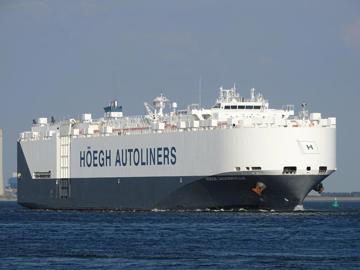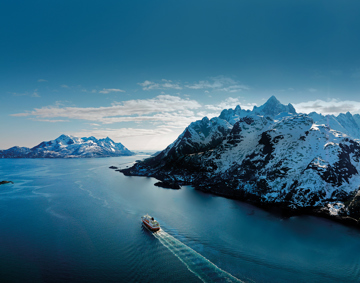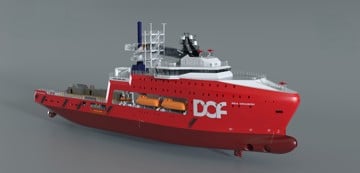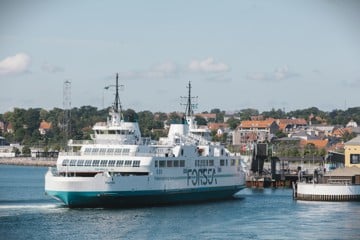
Protecting people and planet - Together
Empowering a sustainable future for the world’s oceans
Your trusted partner for a cleaner, smarter, safer maritime industry
With technologies installed on a third of the world’s fleet, we offer an unparalleled combination of domain knowledge, digital innovation, and sustainability leadership.
We are driving change in two key areas:
- Decarbonisation: Solutions to reduce, eliminate, and manage emissions.
- Digitalisation: Smart technologies that optimise operations, safety, and efficiency.
Greenhouse gas emissions from shipping must be zero by 2050. Kongsberg Maritime is committed to making this possible—today, tomorrow, and into the future—through zero-emission solutions where feasible, and efficiency improvements where needed.

Our solutions for sustainable maritime operations
-
Energy transition
Tailored pathways to net zero shipping such as energy efficiency technologies and clean energy integrations.
Energy transition Tailored pathways to net zero shipping such as energy efficiency technologies and clean energy integrations.
-
Digitalisation
Emissions management including operational optimisation and cost reduction.
Digitalisation Emissions management including operational optimisation and cost reduction.
-
Integration
Integrated systems for fleet-wide sustainability for enhanced safety and efficiency.
Integration Integrated systems for fleet-wide sustainability for enhanced safety and efficiency.
-
Offshore Wind
Building on our maritime expertise to empower offshore wind farms.
Offshore Wind Building on our maritime expertise to empower offshore wind farms.
By 2030, we aim to achieve:
-
Reduction in greenhouse gases
35% -
Cut in logistics emissions
10% -
Reduction in business travel emissions
15% -
Revenue invested in R&D for sustainable solutions
%
Tracking our impact
We measure progress against key sustainability KPIs:
- Greenhouse gas emissions
- Energy consumption
- Waste generation
- Water consumption
- Sustainable procurement




